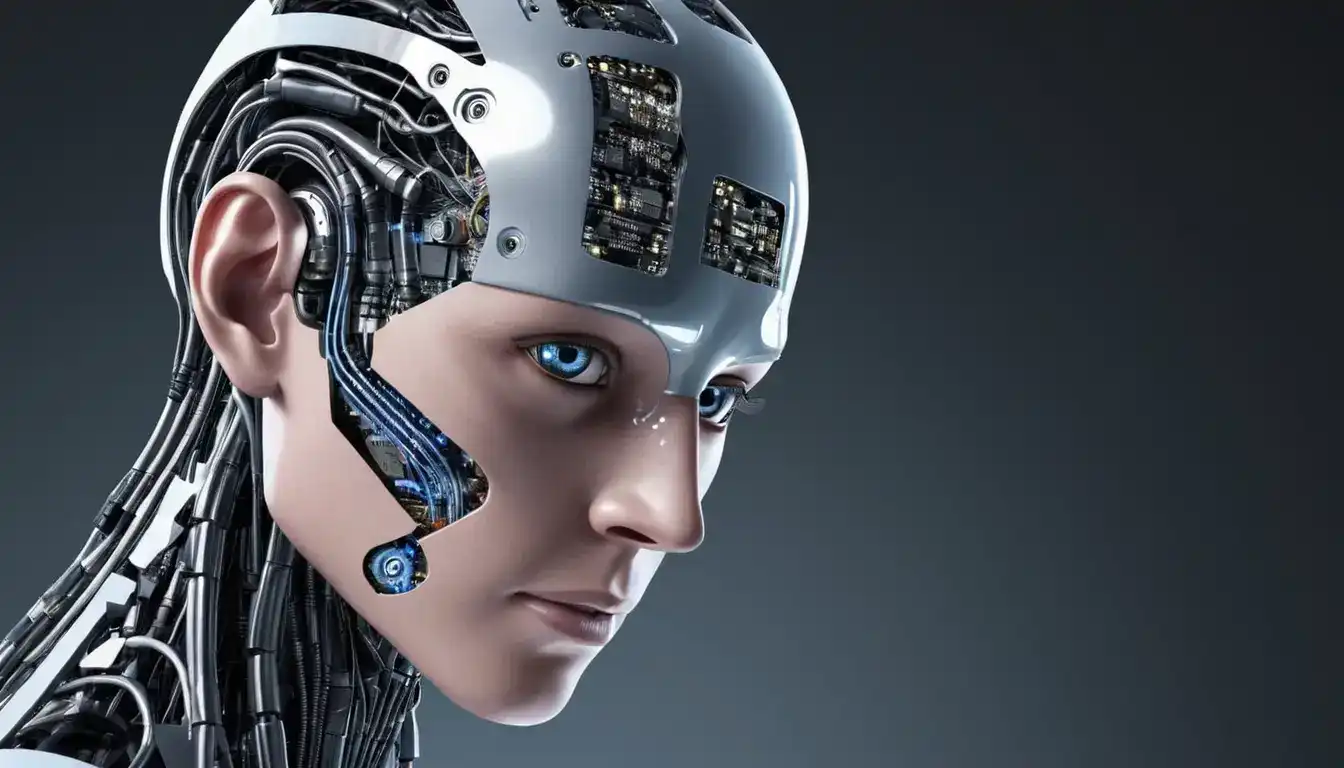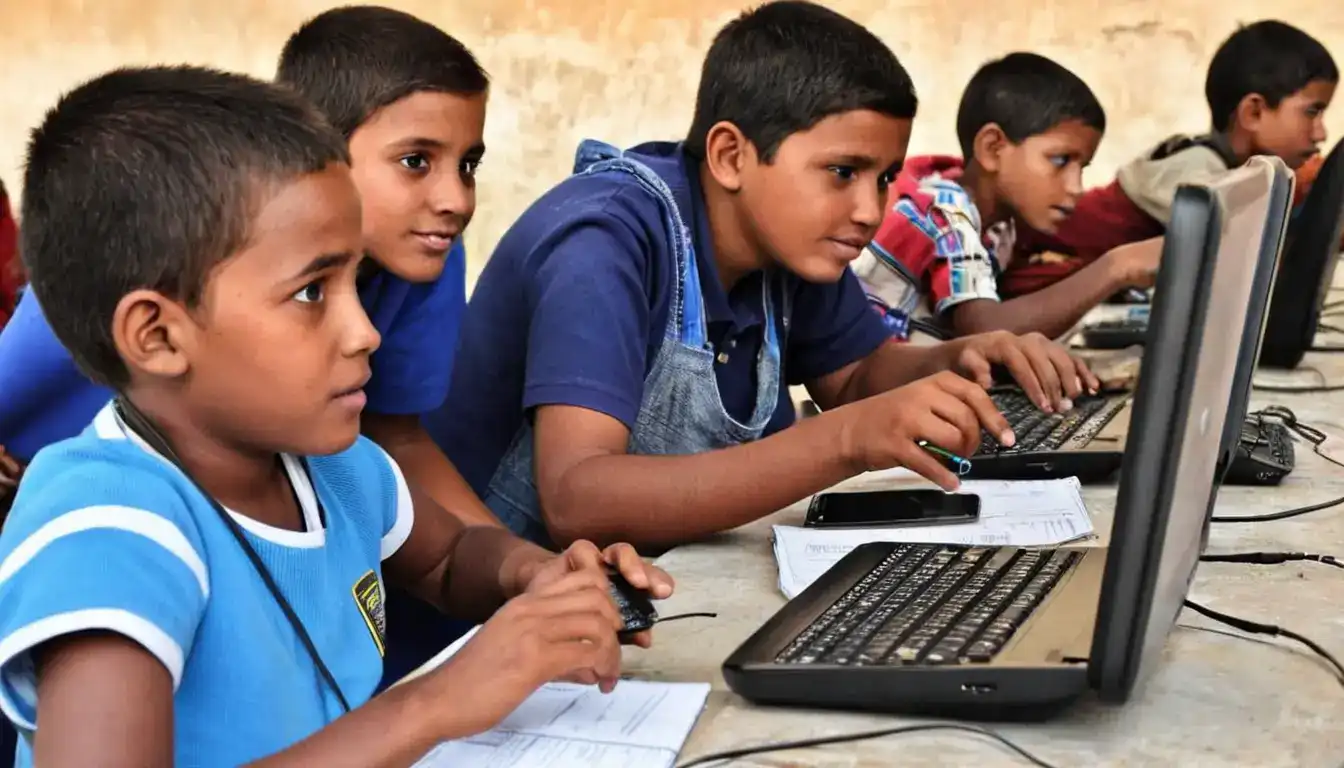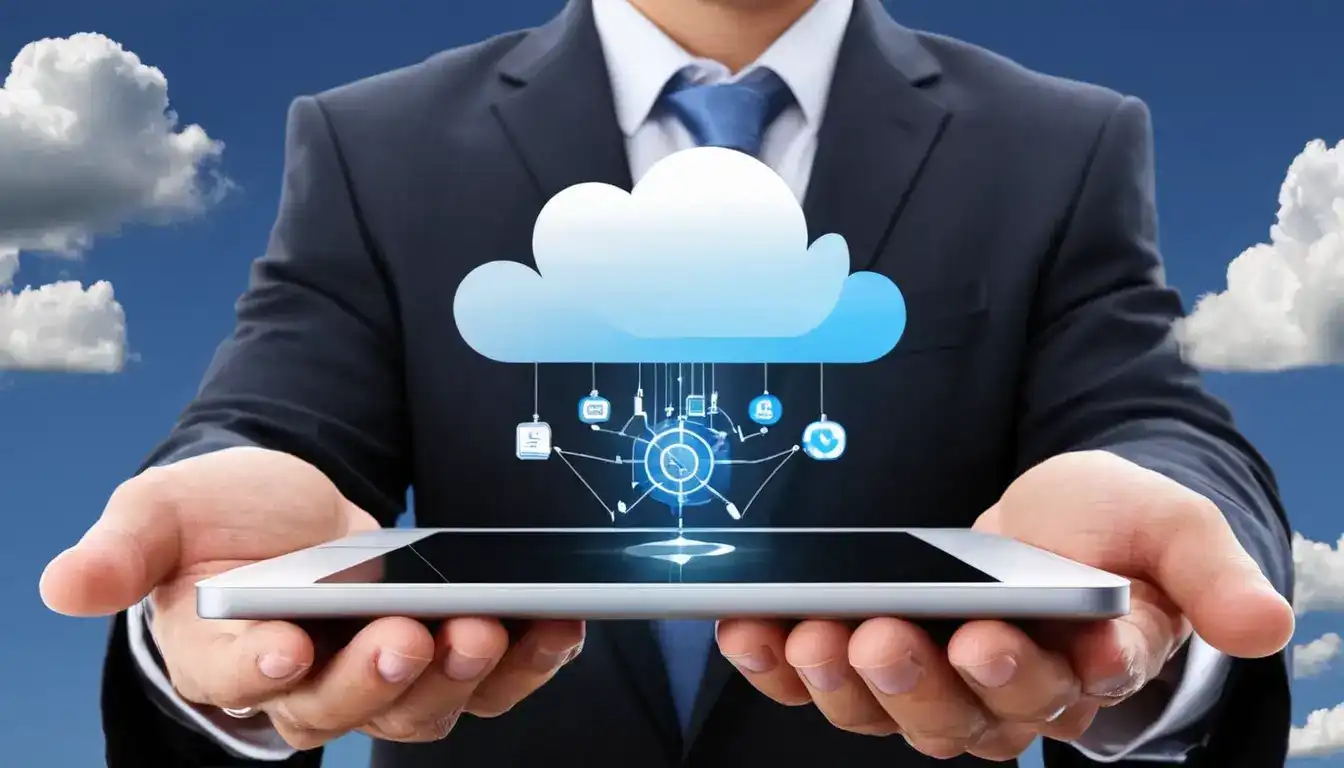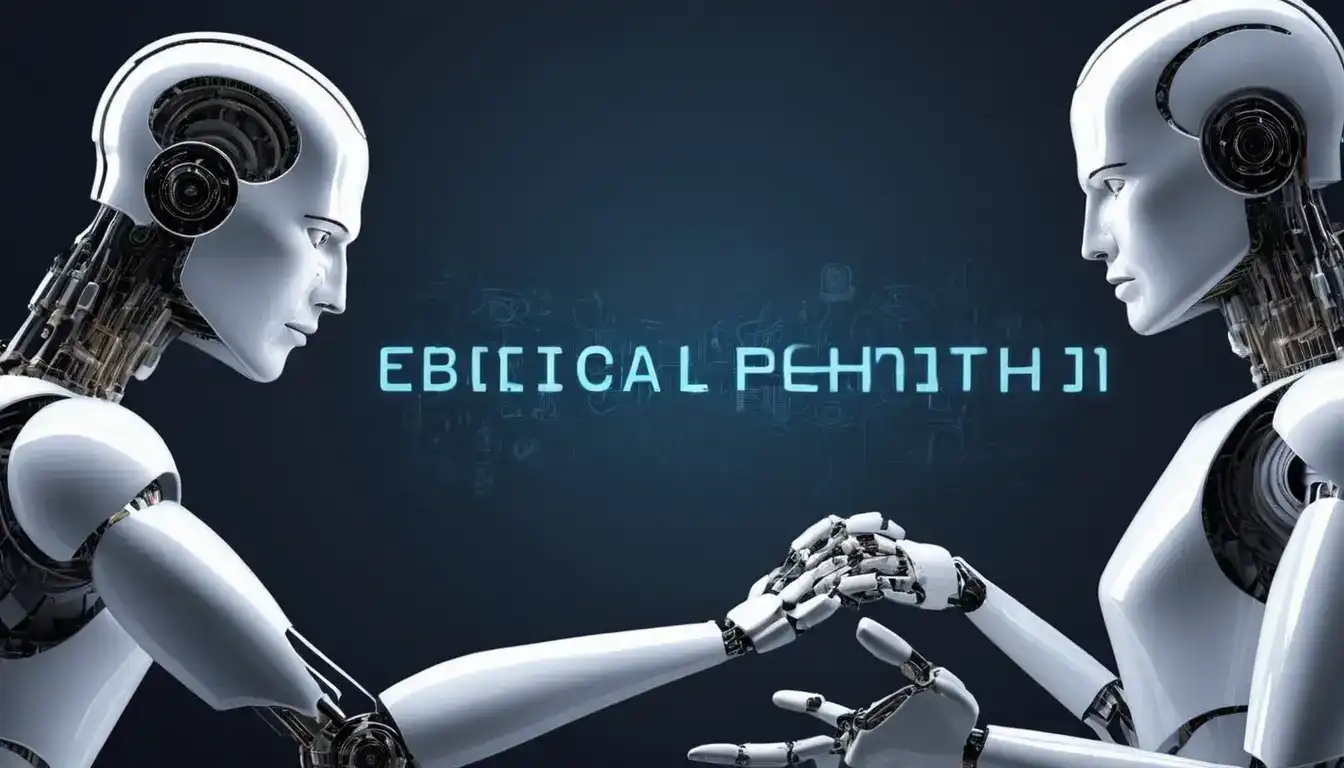Inflation's Impact: Rising Costs Strain Households and Businesses
Emily Willis

Photo: Inflation's Impact: Rising Costs Strain Households and Businesses
The headlines are hard to miss: Inflation is on the rise. This means the cost of everyday goods and services is increasing, putting a strain on household budgets and presenting challenges for businesses. But what exactly is inflation, and how is it impacting our lives? This article delves into the world of inflation, exploring its causes, consequences, and its effects on both households and businesses.
Understanding the Inflationary Beast: What Makes Prices Go Up?
Imagine a basket filled with groceries you typically buy each week. Inflation refers to a situation where the same basket of goods suddenly costs more over time. In simpler terms, the purchasing power of your money decreases – a dollar today buys less than it did yesterday.
Several factors can contribute to inflation:
- Increased Demand: If demand for goods and services outstrips supply, businesses can raise prices to meet that demand.
- Supply Chain Disruptions: When there are disruptions in the production or transportation of goods, it can lead to shortages, driving prices up due to limited availability.
- Rising Production Costs: If businesses face higher costs for raw materials, labor, or transportation, they may pass those costs on to consumers by increasing prices.
- Government Spending and Money Supply: When governments increase spending or print more money, it can inject more cash into the economy, potentially leading to inflation.
Feeling the Pinch: How Inflation Affects Households
Rising inflation can have a significant impact on household finances. Here's how:
- Reduced Purchasing Power: As prices go up, the same amount of money buys less. This can force households to cut back on discretionary spending, such as entertainment or eating out, to make ends meet.
- Erosion of Savings: Inflation can erode the value of savings over time. Money saved today may not buy as much tomorrow, making it harder to save for future goals.
- Increased Debt Burden: Rising interest rates, often implemented to combat inflation, can make it more expensive to service debt, such as mortgages and car loans.
- Impact on Vulnerable Populations: Low-income households are often disproportionately affected by inflation as a larger portion of their income goes towards essential goods that see price increases.
The Business Struggle: Navigating Inflation's Challenges
Inflation presents challenges for businesses as well. Here's how:
- Rising Input Costs: Businesses may face higher costs for raw materials, labor, and transportation, squeezing their profit margins.
- Pricing Strategies: Businesses need to decide how to handle rising costs. They can absorb some of the cost increase, potentially impacting their profitability, or raise prices for customers, which can risk losing market share.
- Supply Chain Uncertainty: Inflationary pressures can exacerbate existing supply chain disruptions, making it difficult for businesses to obtain the materials they need and impacting production.
- Consumer Spending Habits: With rising prices, consumers may become more cautious with their spending, impacting demand for products and services.
Strategies for Facing Inflation: How to Cope as a Household or Business
While there's no magic bullet to stop inflation, here are some strategies households and businesses can employ to navigate these challenging times:
For Households:
- Budgeting and Prioritization: Creating a budget and prioritizing essential expenses can help you manage your finances more effectively during inflationary periods.
- Seek Out Deals and Discounts: Look for coupons, promotions, and loyalty programs to help stretch your grocery and shopping dollars further.
- Explore Alternative Brands: Consider generic or store-brand options for everyday items to save on costs.
- Review Subscriptions and Services: Evaluate your monthly subscriptions and services to identify areas where you can cut back.
- Explore Additional Income Streams: Consider side hustles or additional income sources to supplement your regular income and offset the rising cost of living.
For Businesses:
- Cost Efficiency Analysis: Review operational costs and identify areas where you can streamline processes and become more efficient.
- Negotiate with Suppliers: Analyze supplier contracts and negotiate better terms to manage input costs effectively.
- Pricing Strategies: Develop a pricing strategy that balances profitability with maintaining customer loyalty.
- Focus on Value and Innovation: Focus on offering value to customers by emphasizing product quality, innovation, and customer service.
- Invest in Efficiency-Boosting Technologies: Consider technologies that can streamline operations and reduce labor costs.
The Road Ahead: A Look Towards a More Stable Future
The road ahead may be bumpy, but with careful planning and a spirit of innovation, we can navigate this period of inflation and build a more stable and resilient economy for all.
Collaboration and Communication:
- Government-Business Dialogue: Open communication and collaboration between governments and businesses can help identify and address common challenges and develop effective strategies to mitigate the impact of inflation.
- Consumer Education: Governments and businesses can play a role in educating consumers about inflation, providing tips for managing finances, and promoting responsible spending habits.
Long-Term Investments:
- Infrastructure Investments: Investing in infrastructure, such as transportation and energy networks, can help reduce supply chain bottlenecks and lower production costs, contributing to price stability.
- Skills Development: Investing in education and skills development programs can help prepare the workforce for the changing demands of the economy, enhancing productivity and competitiveness.
- Sustainable Practices: Promoting sustainable practices, such as renewable energy and resource conservation, can help reduce reliance on volatile commodities and mitigate inflationary pressures.
Conclusion: Embracing Resilience and Building a Sustainable Future
Inflation is a challenge, but it's also an opportunity to re-evaluate our economic systems, adopt more sustainable practices, and invest in a more resilient future. By working together, governments, businesses, and individuals can navigate this period of economic uncertainty and build a more equitable and prosperous society for generations to come.
Remember, inflation is not an insurmountable obstacle. It's a call to action, urging us to adapt, innovate, and collaborate towards a more stable and sustainable economic future. By embracing resilience and working together, we can weather this storm and emerge stronger, more prepared, and more connected than ever before.
Latest ✨
View AllArtificial Intelligence (AI) has evolved rapidly from science fiction to reality, offering immense potential but also presenting significant ethical challenges.
Emily Willis
Virtual reality (VR) and augmented reality (AR) are transforming the entertainment industry by offering immersive experiences that blur the lines between the real and virtual worlds. VR completely transports users into computer-generated environments, while AR overlays digital elements onto the real world.
Emily Willis
In today's job market, academic qualifications alone are not enough for success. Employers value soft skills such as communication, leadership, and teamwork. Educational settings provide opportunities for students to develop these skills. Strong communication skills enable effective collaboration and understanding. Presentation and public speaking skills enhance professionalism and credibility. Leadership skills involve setting goals, making decisions, and inspiring others. Teamwork skills are important for building relationships and achieving shared goals. Developing these skills in an educational environment prepares individuals for successful careers by enhancing employability and job readiness. Soft skills development is an ongoing process that promotes continuous learning and growth. By emphasizing the importance of soft skills, educational institutions empower students to succeed in a complex and interconnected world.
Emily Willis
fostering a love of reading in early childhood and provides practical tips to achieve this. It emphasizes starting early, making reading fun and interactive, integrating reading into daily activities, and addressing challenges with reluctant readers.
Emily Willis
Business
View All
August 5, 2024
The Importance of Having Insurance to Protect Yourself and Your Assetsinsurance in protecting individuals and businesses from financial losses due to unforeseen events. It explains the different types of insurance available, such as health, life, auto, homeowners, renters, disability, and liability insurance, and their benefits.
Emily Willis

August 5, 2024
How to Create Engaging Content and Convert Visitors to Customerscreating engaging content to attract and retain customers in the digital age. It provides strategies for understanding the audience, setting content goals, creating high-quality content, using storytelling and emotional connection, and optimizing content for conversions. It also covers content formats and distribution, measuring and analyzing content performance, and building relationships with influencers and user-generated content.
Emily Willis

August 4, 2024
How to Build a Strong Brand Identity for Your BusinessBuilding a strong brand identity is essential for business success as it helps differentiate you in the market, connect with your audience, and build loyalty. Key steps include understanding your target audience, defining your mission and values, developing a unique selling proposition, creating a memorable brand name and logo, choosing brand colors and typography, crafting a brand voice and messaging, ensuring a consistent brand experience, leveraging visual content.
Emily Willis
Economy
View Allchallenges and opportunities presented by economic uncertainty and explores strategies that governments and businesses can implement to mitigate risks, ensure stability, and pave the way for future success.
Read MoreGlobal inequality refers to the unequal distribution of wealth, income, and opportunities across the world, leading to economic, social, gender, and regional disparities. The consequences of this inequality are widespread, impacting social unrest, political instability, economic stagnation, and environmental degradation.
Read MoreDiscover the hidden connections that drive global stock markets. Explore stock correlations, their impact on diversification and risk, and how to calculate them. Learn how to apply this knowledge to your investment strategy and uncover secrets to making more informed decisions.
Read MoreEntertainment
View All
August 5, 2024
Music Universal Language: Connecting and Inspiring Across CulturesMusic has the power to transcend language barriers and connect people on a deep emotional level. It serves as a bridge between cultures, fostering understanding and appreciation for diversity. The universality of rhythm and melody creates a sense of unity, while the diversity of musical styles allows for exploration and creativity.
Emily Willis

August 4, 2024
Virtual Music Concerts: The Future of Live Performance?The music industry has seen significant changes in recent years, with virtual music concerts becoming a popular trend, especially due to the impact of the COVID-19 pandemic. Technological advancements have made virtual concerts more accessible and cost-effective, while also reducing the environmental impact of live events. However, challenges such as technical issues and the lack of physical presence remain. The future of virtual concerts may involve hybrid models that combine virtual and physical experiences, as well as continued technological innovation to enhance the quality of virtual performances. Building a sense of community and engagement will also be crucial for the success of virtual concerts moving forward.
Emily Willis

August 4, 2024
The Latest Music Trends, Artists Influencing Pop Culture, and How Digital Platforms Facilitate the Distribution of Music GloballyThe music industry is constantly changing due to consumer preferences, technology, and the influence of artists. Digital platforms have revolutionized music creation, distribution, and consumption, leading to genre fusion, the rise of independent artists, and collaborative projects. Influential artists like Billie Eilish, BTS, and Taylor Swift have shaped pop culture globally. Streaming services, social media, and direct-to-fan engagement have transformed music distribution. Digital platforms also promote cultural diversity and inclusivity, expand markets and revenue, and drive technological advancements. The industry is also focusing on sustainability and ethical practices. To succeed in the future, stakeholders must embrace digital transformation and champion inclusivity.
Emily Willis
Health
View AllA healthy lifestyle is crucial for enhancing overall quality of life in today's fast-paced world. It involves habits such as a nutritious diet, regular exercise, adequate sleep, stress management, and avoiding harmful substances. Benefits include improved physical health, enhanced mental well-being, increased energy levels, better sleep quality, and longevity. Implementing healthy habits gradually, staying consistent, seeking support, and monitoring progress are key steps towards a healthier lifestyle. Prioritizing a healthy lifestyle is not just about adding years to life but about adding life to years, leading to a more fulfilling and vibrant life.
Emily Willis
cultivating healthy lifestyle habits to improve overall well-being. It focuses on three pillars of well-being: nutrition, exercise, and sleep. It provides tips on how to incorporate these practices into daily routines, such as eating a variety of foods, finding enjoyable forms of exercise, and establishing a consistent sleep schedule.
Emily Willis
Heart disease is a leading cause of death globally, but early detection and prevention strategies can reduce its impact. This article discusses the importance of early detection, common risk factors, preventive measures, and lifestyle changes for heart health. Understanding heart disease, recognizing symptoms, and undergoing regular screenings are crucial. Common risk factors include high blood pressure, high cholesterol, diabetes, smoking, obesity, physical inactivity, and family history. Symptoms of heart disease include chest pain, shortness of breath, fatigue, irregular heartbeat, and swelling. Diagnostic tests and screenings include blood pressure measurement, cholesterol screening, blood glucose test, ECG, stress test, and imaging tests. Preventive measures include adopting a heart-healthy diet, regular physical activity, quitting smoking, managing stress, maintaining a healthy weight, and limiting alcohol consumption. Medications and treatment options may be necessary for individuals at high risk or diagnosed with heart disease.
Emily Willis
Trending 🔥
View All
2
3
4
5
6
7
9
10
Lifestyle
View AllSports
View AllAugust 4, 2024
The Importance of Mental Training and Psychological Strategies in Helping Athletes Reach Their Peak Performance on the Field
Read MoreAugust 5, 2024
Celebrating Sports Legends: Honoring Iconic Figures and Their Enduring Impact
Read MoreTechnology
View All
August 4, 2024
The Future of Artificial Intelligence: Opportunities and Challenges
opportunities and challenges presented by Artificial Intelligence (AI) in various sectors such as efficiency, customer experiences, healthcare, education, and economic growth. It highlights the need to address ethical considerations, job displacement, privacy issues, security risks, and regulatory challenges associated with AI.

August 4, 2024
Bridging the Digital Divide: Ensuring Everyone Has Access to Technology
we can bridge this gap and create a more inclusive digital landscape.

August 4, 2024
The Role of 5G Technology in Revolutionizing Communication
The introduction of 5G technology is set to revolutionize communication by offering faster speeds, lower latency, and increased capacity for connecting devices. This technology will impact various sectors such as healthcare, transportation, and entertainment. 5G enhances communication through faster speeds, lower latency, and increased capacity, enabling applications like remote surgery, autonomous vehicles, and high-quality streaming.

August 4, 2024
Role of Cloud Computing Technology in Modern Business
Cloud computing technology has become essential for modern businesses, offering cost efficiency, scalability, and flexibility. It enables streamlined processes, enhanced productivity, and improved collaboration among employees. Cloud computing also ensures data security, disaster recovery, and business continuity. By migrating to the cloud, businesses can streamline IT operations, enhance customer experiences, access advanced technologies, and reach a global audience. Real-world applications of cloud computing include e-commerce, healthcare, financial services, manufacturing, and education.





















